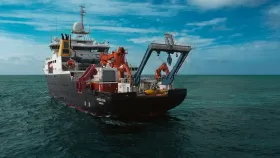
The Porcupine Abyssal Plain Observatory (PAP-SO) located in the Northeast Atlantic, is celebrating its 40th anniversary this year. The observatory has been a part of ICOS network of Ocean stations since the beginning of ICOS.
Started in 1985, at 4,850 m depth, the…
Read more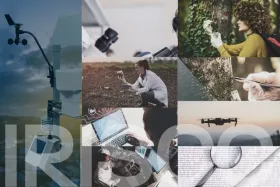
ICOS is proud to be a partner in IRISCC (Integrated Research Infrastructure Services for Climate Change risks), an EU-funded project that empowers climate risk research by providing sponsored access to Europe’s leading research infrastructures.
The newly launched IRISCC Catalogue of…
Read more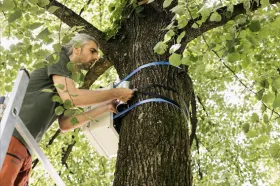
A cutting-edge greenhouse gas monitoring network, set up by the Technical University of Munich (TUM), gives Munich policymakers access to a nuanced picture of the city’s progress in reducing its greenhouse gas emissions. Munich residents also have more faith in local authorities than in national…
Read more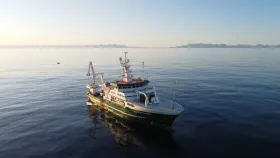
After passing a rigorous quality assurance process, six new measurement stations have received the status of an ICOS labelled station. The station labelling was confirmed by the ICOS General Assembly on 22 May 2025. The newly certified stations are located in Ireland, Germany and Sweden. …
Read more
Dr Hannele Korhonen has been appointed as the new Director General of ICOS ERIC, following the retirement of Werner Kutsch at the end of the year. To ensure a smooth transition, Hannele Korhonen will join ICOS ERIC on 1 October 2025, and start as the Director General on 1 January 2026. …
Read more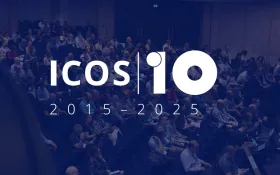
The year 2025 marks the 10 year anniversary of ICOS being granted the status of an ERIC, European Research Infrastructure Consortium. This status was awarded to ICOS by the European Commission in November 2015, following years of dedicated work during the preparatory phase.
To celebrate…
Read more
The Integrated Carbon Observation System, ICOS ERIC, is a European Research Infrastructure Consortium with 16 member countries. ICOS produces standardised data on greenhouse gases, which is essential in understanding and mitigating climate change. Finland is the statuary seat of ICOS ERIC.…
Read more
The Integrated Carbon Observation System, ICOS ERIC, is a European Research Infrastructure Consortium with 16 member countries. ICOS produces standardised data on greenhouse gases, which is essential in understanding and mitigating climate change. Finland is the statuary seat of ICOS ERIC.…
Read more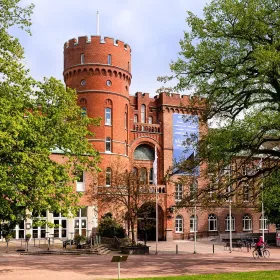
We are pleased to announce that ICOS Science Conference 2026 will be held in Lund, Sweden. The conference will gather hundreds of greenhouse gas scientists in Lund city centre.
ICOS Science Conference, organised every second year by the ICOS community, is a global event open to…
Read more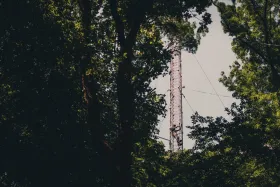
At this year’s GEO Global Forum 2025, ICOS reaffirmed its commitment to the shared goals of the Group on Earth Observations (GEO) — an international partnership working to build an open, inclusive, and coordinated global system for Earth observation. The occasion marked the release of a…
Read more